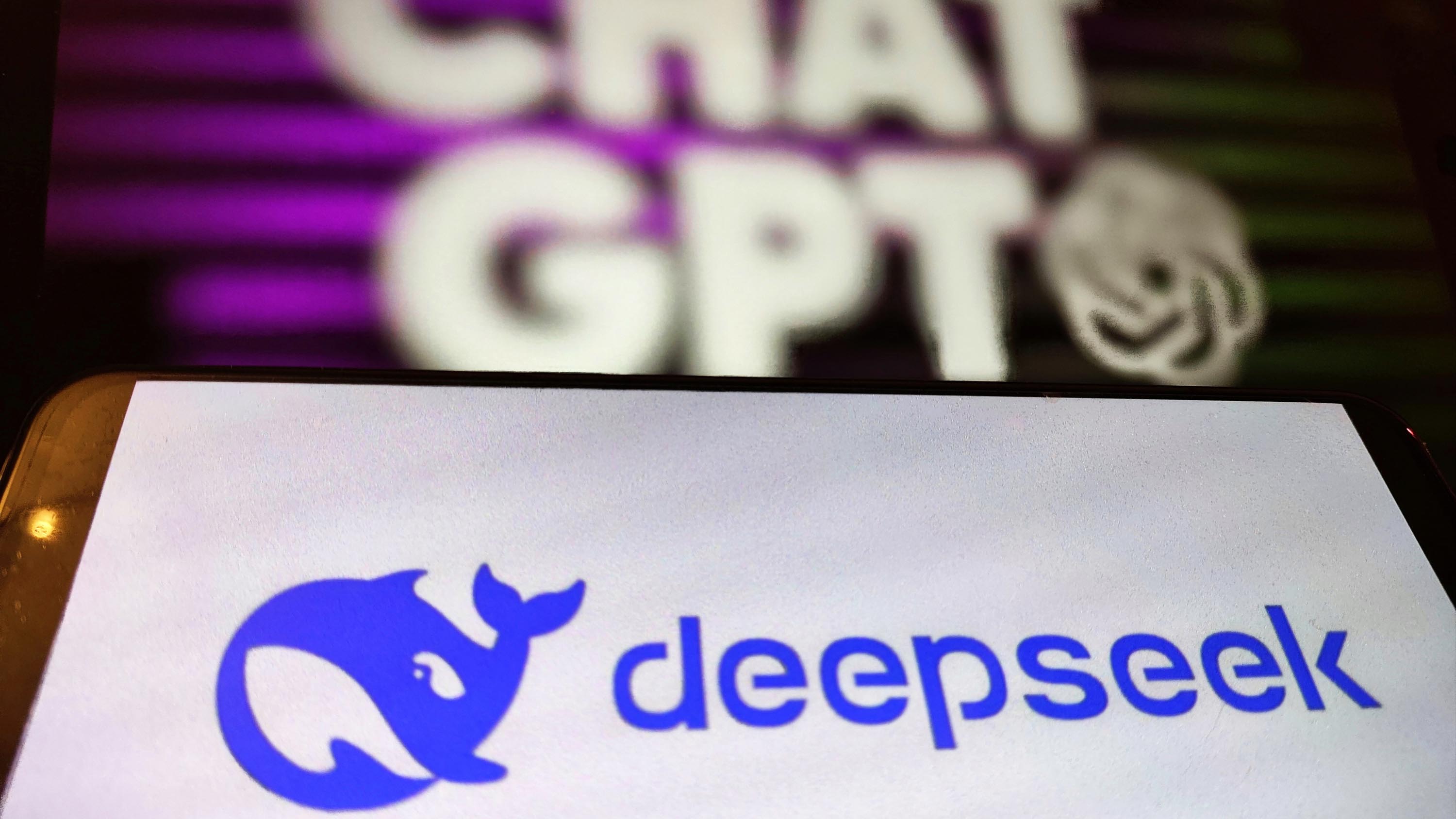
The United States and China have a longstanding rivalry and the emergence of generative AI has only made things worse. As you may remember, at the height of the AI hype, the Biden-Harris administration imposed strict restrictions that prevented exportation chips to China.
Biden's administration insisted that the efforts weren't in place to stunt China's economy but to prevent instances where the advanced chips were used to do more harm than good, such as military advances.
Despite strict imposed restrictions, China has made significant headway in the AI landscape with DeepSeek emerging with an AI model that surpasses OpenAI's o1 reasoning model across a range of benchmarks at a fraction of the cost.
More recently, a bipartisan House committee claimed that DeepSeek is a "profound threat" to US national security (via Bloomberg). The House Select Committee further requested NVIDIA to furnish it with information about the sale of chips that DeepSeek might have used to build and develop its ultra-cost-effective R1 model.
However, a separate report suggests that the Chinese AI startup dug a little deeper into its pockets than $6 million and 2,048 AI GPUs to train its R1 model. Instead, DeepSeek's R1 model set the company back a whopping $1.6 billion in hardware, including 50,000 NVIDIA Hopper GPUs.
Interestingly, the committee further alleged that DeepSeek's ties to the Chinese government "are significant," suggesting the AI startup scraps user data without authorization for the government's benefit.
According to the committee's deductions, DeepSeek’s founder, Liang Wenfeng, reportedly runs the AI firm alongside a state-linked hardware distributor and the Chinese research institute Zhejiang Lab in an "integrated ecosystem."
OpenAI seemingly corroborates the committee's findings, claiming that it might have relied on "unlawful" techniques to train its AI models, including using its DeepSeek employees to bypass guardrails to expedite the development of its model at a lower cost. The ChatGPT maker further claimed that the Chinese startup stole its data to train its model.
Aside from the security concerns, the report further suggested that DeepSeek's search results are manipulated and rife with Chinese propaganda. Perhaps more interestingly, the committee claimed that the AI startup leveraged NVIDIA's advanced AI chips to develop its models despite Biden's exportation ban.







